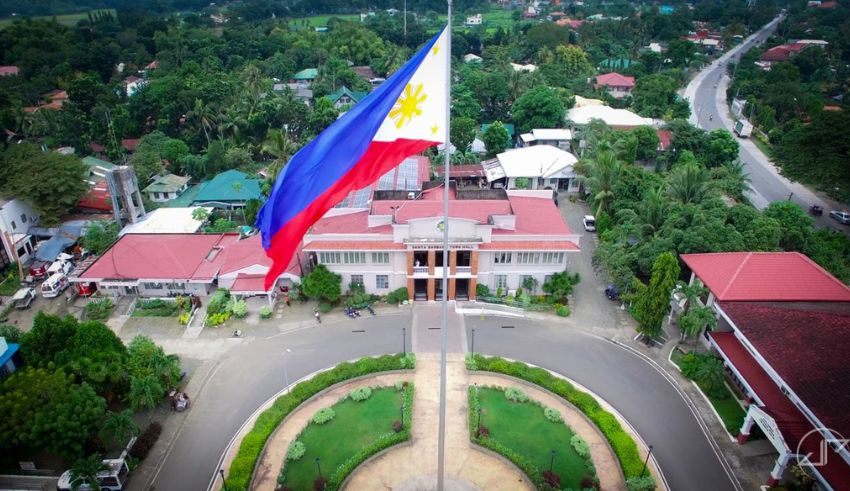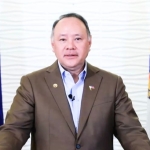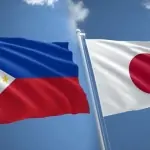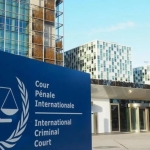
In a remarkable twist of fate, the Philippines is embarking on a journey towards peace with the Communist Party of the Philippines (CPP) and its armed wing, the New People’s Army (NPA). The echo of decades-long conflict, resonating since 1969, may find a resolution through renewed talks facilitated by Norwegian mediators in Oslo, Norway. This newfound commitment to peace marks a significant chapter in the history of the archipelago.
Last week, under the crisp Nordic sky, high-ranking representatives from both sides met, not as adversaries but as seekers of common ground. The result? A groundbreaking agreement—a “common vision for peace”—forged in the crucible of dialogue and compromise. The signing ceremony in Oslo on Thursday sealed this pact, a pact that could redefine the future for millions caught in the crossfire.
The conflict, born out of the CPP-NPA‘s opposition to the Philippines’ close association with the United States and a fervent desire for left-wing representation in governance, has seen a heavy toll. An estimated 40,000 lives, a mix of combatants and civilians, have been claimed by the strife. Beyond the human cost, economic development in the impoverished countryside has been stifled by the persistent echoes of rebellion.
To Peaceful Times
The recent accord in Oslo, kept under wraps until this Tuesday, is a testament to the resilience of the human spirit seeking peace. The negotiations, often fraught with challenges, were navigated with a shared understanding—a shared vision of a Philippines where unity prevails over discord, and peace and prosperity become the guiding beacons.
While peace talks have been a sporadic feature of past administrations, the abrupt halt in March 2019, during the presidency of Rodrigo Duterte, left the nation in a prolonged state of uncertainty. Accusations of rebel attacks on security outposts led to the cessation of dialogue. However, the winds of change blew in with the presidency of Ferdinand Marcos Jr., who signaled a willingness to explore diplomatic solutions.
Keep Reading
In a symbolic gesture of goodwill, President Marcos granted amnesty last week to former rebels, extending an olive branch that excluded those suspected of serious crimes. The joint statement by the Philippine government and the National Democratic Front of the Philippines, the umbrella group representing the rebels, spoke of the urgent need for national unity and a principled and peaceful resolution.
The journey towards this peace agreement has been paved with informal discussions held in the Netherlands and Norway throughout 2022. Norwegian Foreign Minister Espen Barth Eide, a witness to the signing, expressed elation at the decision to end the decades-long conflict. However, he acknowledged that extensive work lay ahead, reinforcing Norway’s commitment to assisting both parties in reaching a final peace agreement.
Forging Agreements for Civility
As the ink dries on this historic accord, hope flickers on the horizon, but the path ahead is not without challenges. Rebel negotiator Julieta De Lima, cautious yet optimistic, did not specify the commencement date of formal talks. Issues such as the release of rebel consultants, safety guarantees, and the removal of the terrorist designation loom as potential stumbling blocks.
While the agreement has opened a doorway to peace, officials in Manila underscored the continuity of anti-insurgency operations. Defense Secretary Gilbert Teodoro stressed the importance of working with the Senate for swift ratification, respecting the Senate’s independence and wishes.
In this delicate dance towards peace, local officials may consider a Christmas ceasefire, and the military might shift its focus to external defenses amid territorial tensions with China. As the Philippines embarks on this uncharted path, the story of peace seeks a narrative that transcends the scars of the past—a story of healing, unity, and a nation yearning for a new dawn.
In the embrace of this newfound hope, the Filipino people stand on the threshold of possibility, eager to script a future untethered from the shackles of conflict. The echoes of the signing ceremony in Oslo resonate not only in the corridors of diplomacy but also in the hearts of those who dream of a Philippines at peace with itself.


























